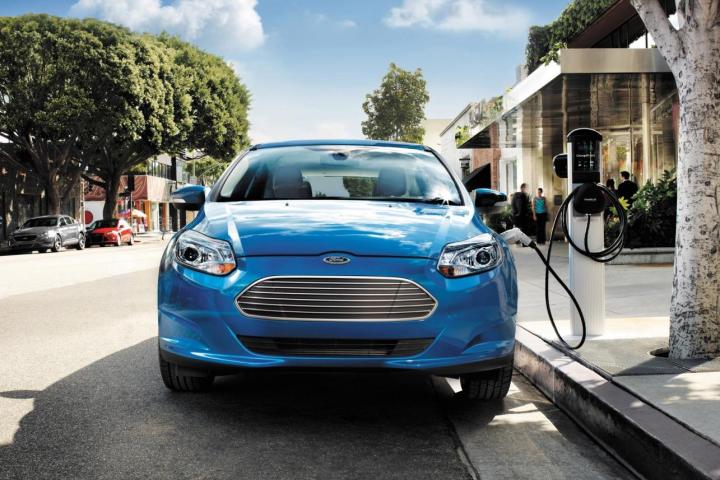
The new investment includes the costs of creating dedicated EV architectures, no doubt an expensive enterprise. But Ford is moving much of its money away from sedans and internal combustion engines to focus more on trucks and electric and hybrid cars. In October, Ford CEO Jim Hackett told investors the company would cut $14 billion in costs over the next five years by refocusing its efforts.
“We’re all in on this and we’re taking our mainstream vehicles, our most iconic vehicles, and we’re electrifying them,” Ford told reporters. “If we want to be successful with electrification, we have to do it with vehicles that are already popular.”
Some of the upcoming electric cars will be produced with Ford’s joint venture in China, and will target the Chinese market. After all, the Asian superpower has been a driving force behind the electrification of cars, as the nation has plans to phase out fossil fuel-powered cars within the next few years. Other nations have followed suit, with India, France, and the U.K. similarly looking to ban traditional combustion engines sometime between 2030 and 2040.
Indeed, Ford has previously unveiled efforts to break into the EV space in China. In December 2017, the company announced a deal with Chinese tech giant Alibaba “to explore cooperation in areas such as cloud computing, connectivity, and retail,” which could result in Ford cars being sold on Alibaba’s e-commerce platform, Tmall. Moreover, the partnership is expected to result in 15 electric or hybrid models for sale in China by 2025.
Reuters notes that Ford has been planning its electric vehicle push since Hackett replaced previous Ford Motors CEO Mark Fields last May. And it would appear that this new EV track is one that is here to stay.

